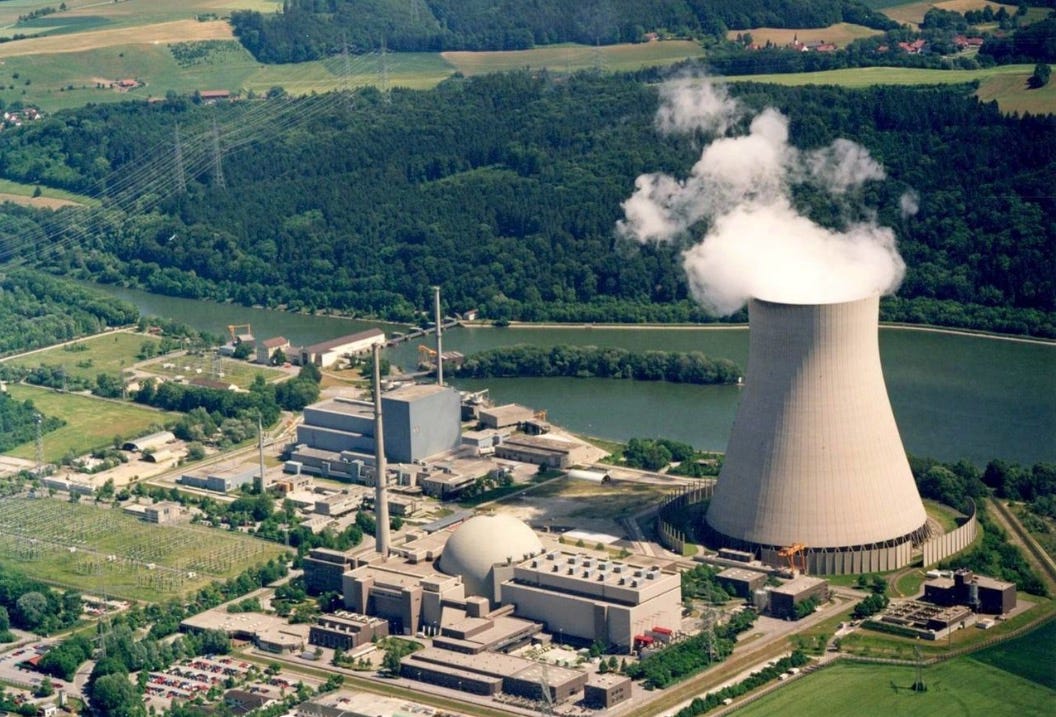Nuclear power in Europe gains promise in German election
Plus, BP's shift back to oil will place several green assets for sale
In today’s edition:
— Nuclear power advocates see new era in EU following German election
— Can we call it British Petroleum, again? BP’s retreat from clean assets will come with fire sale
— California’s ride from record drought to floods yields new era of water innovation
— Climate’s role diminished in this year’s Oscars, except for this movie
— U.S. farmers sue over purge of climate data on government websites

Among the sighs of relief across Europe that the far right AfD Party didn’t perform better in German elections over the weekend, it’s easy to overlook that the leftist Green Party — with all its climate promises — got slaughtered. Fredrich Merz’s Christian Democrats are expected to bring a more sober energy policy to Europe’s largest economy when they form a coalition in coming weeks.
But for those who view the re-emergence of nuclear energy as a viable renewable alternative to solar and wind, the election will mark a major shift in the industrial alignment of Germany with France in favor of nuclear power plants. Fourteen years of anti-nuclear sentiment in the German government is about to come to an end.
Former German Chancellor Angela Merkel, also a Christian Democrat, began phasing out nuclear power after Japan’s Fukushima nuclear catastrophe in 2011. The last three plants in the country were shut in the spring of 2023. The policy put the country at odds with its neighbor France, a major proponent of nuclear, and divided Europe for years until the Russian invasion of Ukraine led to an energy crunch.
Now, like the revival of nuclear power in the U.S. as part of a rush to secure energy for an AI arms race in data centers, Merz and his government are likely to talk up nuclear both domestically and as an ally to France in European Union politics.
Whether the plants will restart again is still up for debate. German aversion to nuclear still runs deep, perhaps deep enough to threaten political coalitions. Unlike Three Mile Island in the U.S., there are no current plans to reopen the three German plants.
But in light of shifting polls showing the electorate’s appetite fading for other renewable energy because of perceived costs, nuclear will now be part of any conversation about new forms of energy. Especially as developments in Ukraine bring the threat of resumed Russian oil to Europe into the picture.
The resulting shift in nuclear perceptions will have a strong impact on policy in Brussels, and along with increasing demand from Big Tech for more data centers in Europe, dictate a course change in climate-friendly Europe toward a power source that’s been long in the wilderness.
Don’t forget to contact me directly if you have suggestions or ideas dcallaway@callawayclimateinsights.com.
Follow us . . . .
Twitter | LinkedIn | Facebook | Instagram
Tuesday’s subscriber insights
BP retreat from clean energy will fire sale prices on assets
Keep reading with a 7-day free trial
Subscribe to Callaway Climate Insights to keep reading this post and get 7 days of free access to the full post archives.


